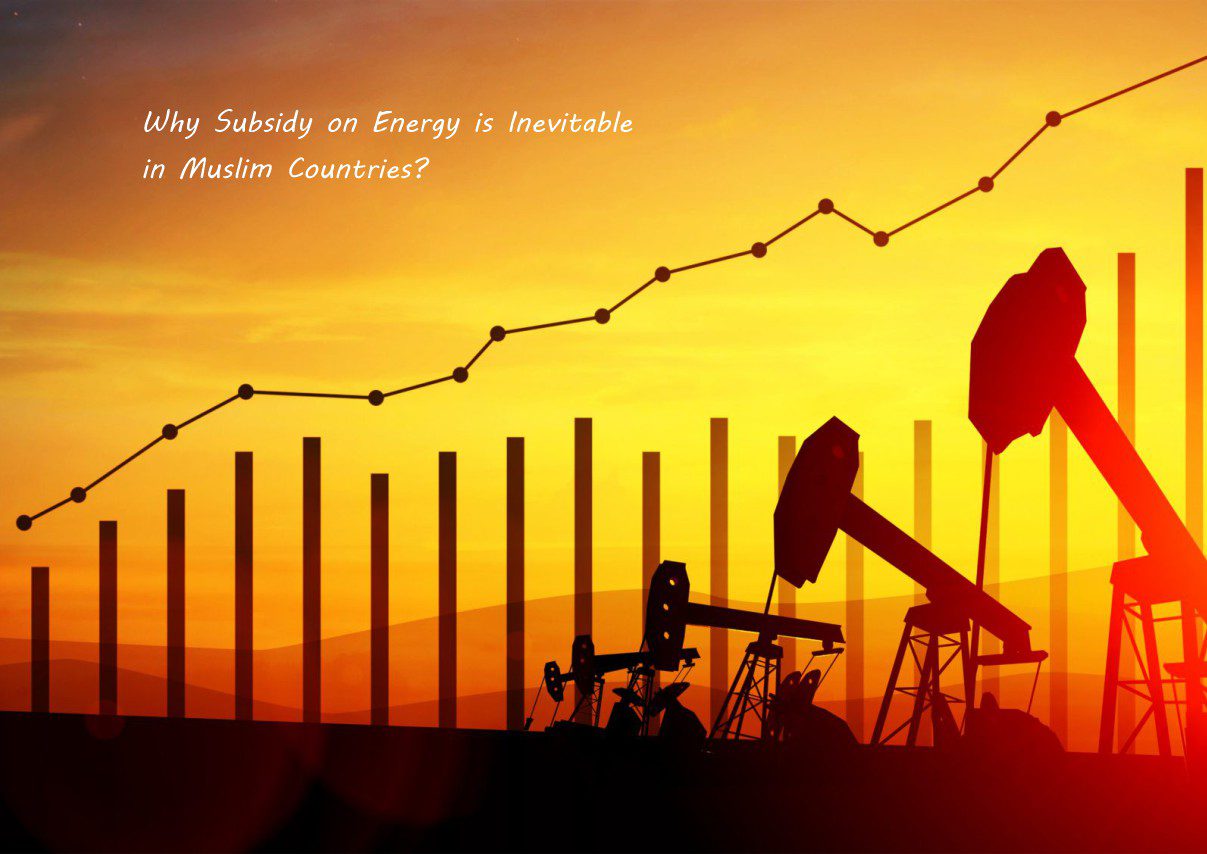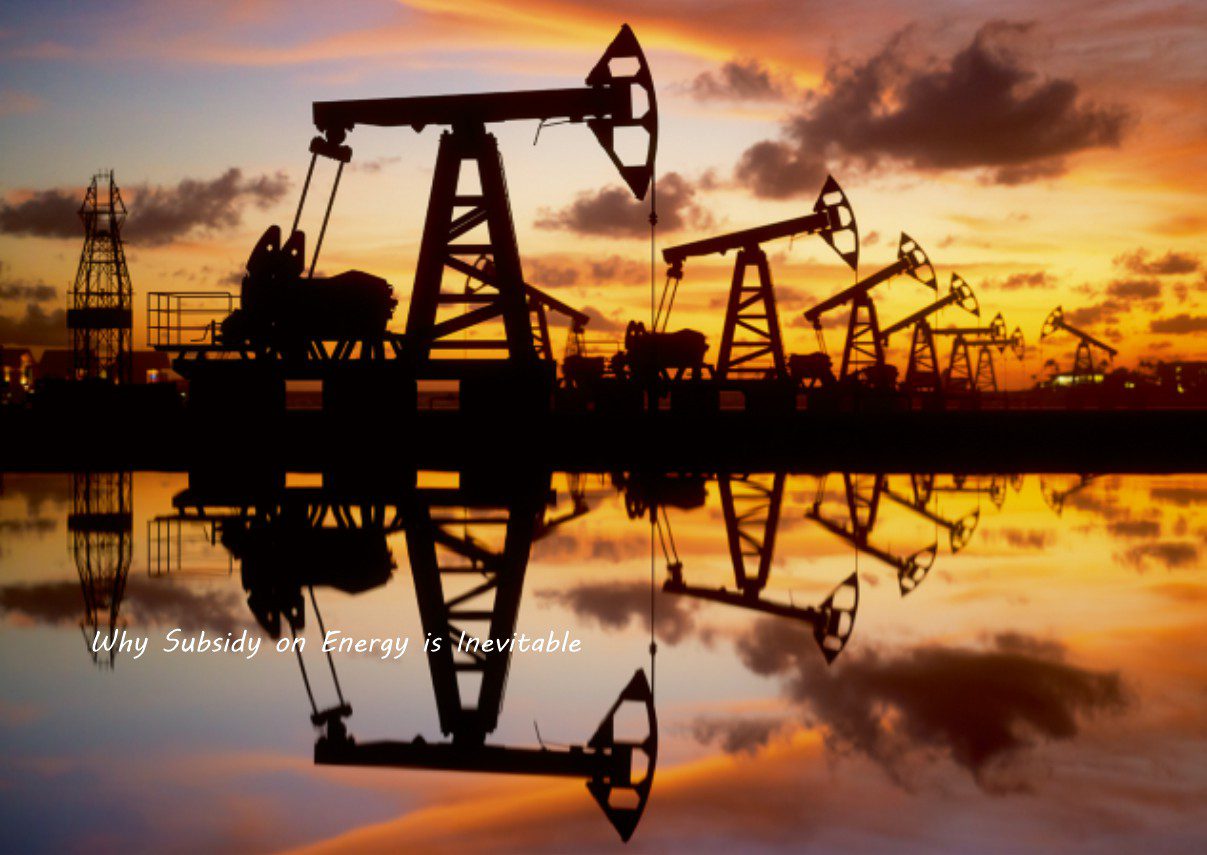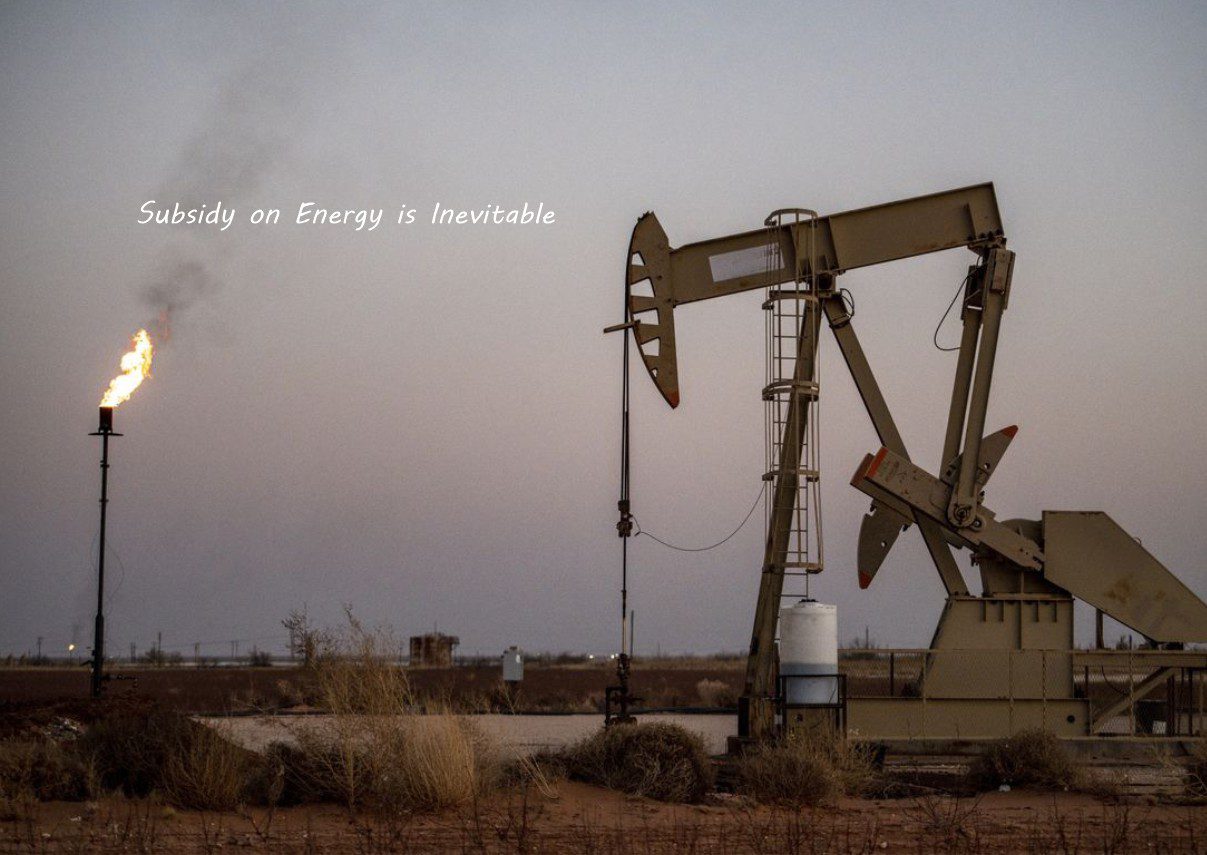
Why Subsidy on Energy is Inevitable in Muslim Countries?
Pewartanusantara.com - What is obvious about the similar character of Muslim countries is that almost all of them develop their economy through natural resources extraction. Some scholars call this mode of development as rentier economy.
Rentier state tends to increase national productivity primarily not through human capital building—which necessitates education and innovation—but merely through the hands of foreign investor to explore natural resources.
This pattern made Muslim counties still underdeveloped but at the same time, their national revenue is highly comparable. However, this revenue basically needs to be absorbed by society as the engine to increase the standard of living or in another objective.
Muslim countries, also well known as post-colonial societies, tend to allocate the amount of national revenue to subsidize poor people. Despite all agreeing to prefer developing educational institutions, the subsidy is vital for most people who live in Muslim countries.
The reason is that the subject of post-colonial citizens has long been dispossessed of their capacity to increase productivity. And the state cannot handle these complex cultural problems with financial access or more recently digital access.
Subsidy is the only incentive that the poor people take for surviving and adapting to industrialization and globalization. It is opposite to welfare state logic that enacts the subsidy to help poor people to enhance their capacity to enter the workforce.

Post-colonial society has been functioning the subsidy for vested interest goals, that is the vehicle to maintain populist regime. In other words, subsidy is a means to prevent poor people to present critical aspirations and making them become economic clients.
Therefore, the rentier economy clearly has established a kind of public policy that privilege extractive sectors. These extractive sectors frequently attract capitalists to deceive and manipulate the law in order to enlarge their business.
However, it cannot be accomplished without the signature of the state agency to approve their proposal or to revise the law. While the rule of law is weak, the consequence is nothing other than corruption and the abuse of power becomes blatant.
That picture can be simplified as a problem of preservation and the effects of rentier economy in Muslim counties. As we knew that Muslim countries have abundant resources such as petroleum and natural gas. Intriguingly, this natural advantage is not utilized efficiently and managed carefully to push a broad range of economic life due to the lack of state capability.
It is why the revenue from extractive sectors and its multiplier effect is very low. This seems clear when we read the portion of tax revenue from extractive sectors to annual national income that is mostly far from standard or underperformance.
Since the 1980s era, the first oil ‘boom’ happened, the number and volume of petroleum offshore increase drastically. Surely, it also was influenced by the market demand triggered by the rising of low-priced transportation modes to accommodate urbanization and the city as the centre of the economy.
In such manifestation, the state that possesses and controls rich natural resources must play a pivotal role to increase productivity. And the only viable way to establish that is through cooperation with foreign companies. On some level, this cooperation can be perceived as upright while there are technological transfers and reliable profit sharing at stake.
Considering the conditions of economic life in Muslim countries, subsidy especially on energy is also an attempt to suffice the basic need of most people. The mobility of the lower-middle class in the informal economy and their living standard is never feasible without an amount of subsidy for instance electricity, gas, and fuel.
Energy subsidy is actually not required while the people are not encouraged to consume unified and monopolized energy products.
I don’t know what the main interest behind this state monopoly is toward the production and distribution of energy. Maybe the central planning wants to organize economical life in a certain direction. For instance, while energy is well distributed the standard of living automatically would increase.
Nowadays, this standard of living is always perceived as someone who enables to consume modern lifestyle and provides technological devices from household electronics (such as TV, radio, AC and freezer), mobile communication (for example smartphone and internet) and automobile transportation.
Nevertheless, the core effect is that the amount of energy-consuming by people is increasing enormously. We must point out that increasing energy consumption is a new possibility to make labour more efficient in terms of time spend. It seems obvious when we observe the portions of private automobiles and public transportations in post-colonial society.

Indonesian people, for example, calculate that having private motorbike is the only way to be more efficient for daily mobility. This logic emerges because the government is never having the intention to build integrated public transportation and they did not have feasible long-term urban planning.
This mechanism thus enforces the state to take subsidy policy to help the middle- and lower-income classes keep mobile. This is the reason why Muslim countries tend to take populist policies such as giving energy subsidies to their people. It is being inevitable if they sacrifice the long-term development (with low-cost energy) to praise the short-term accomplishment.
Penulis:
Editor: Erniyati Khalida




